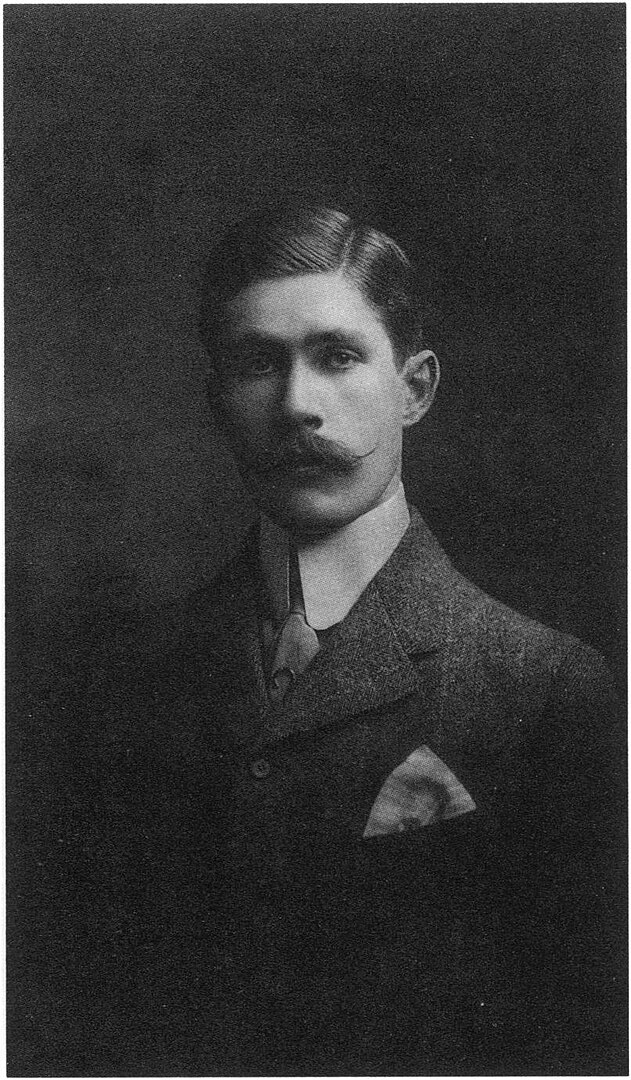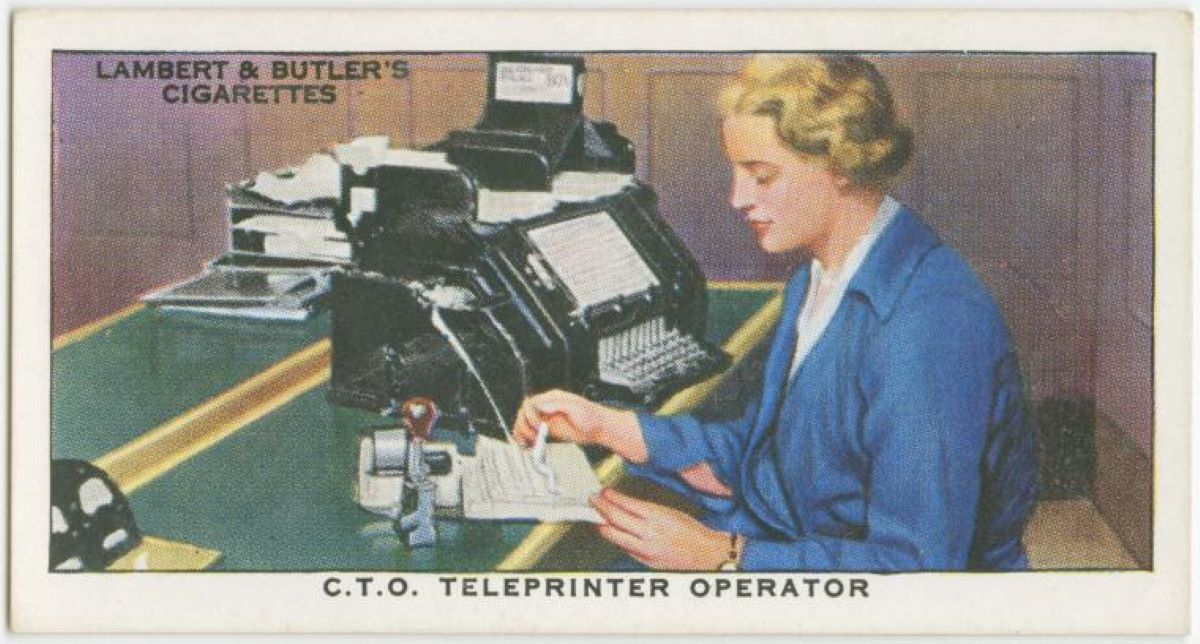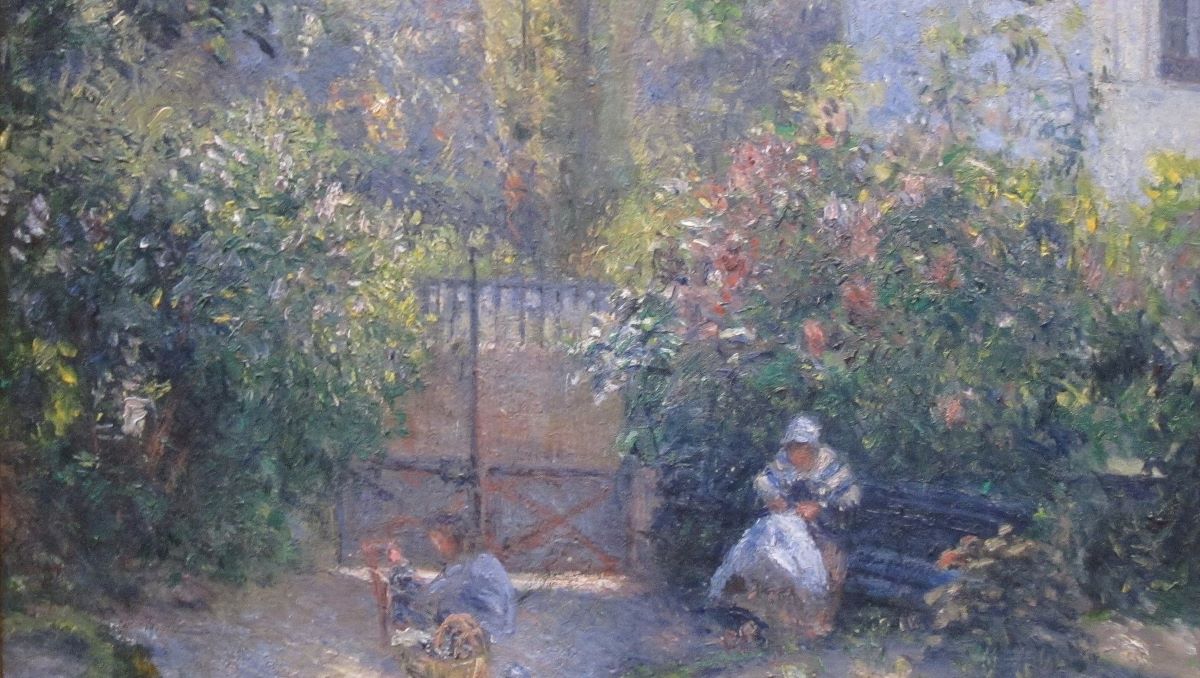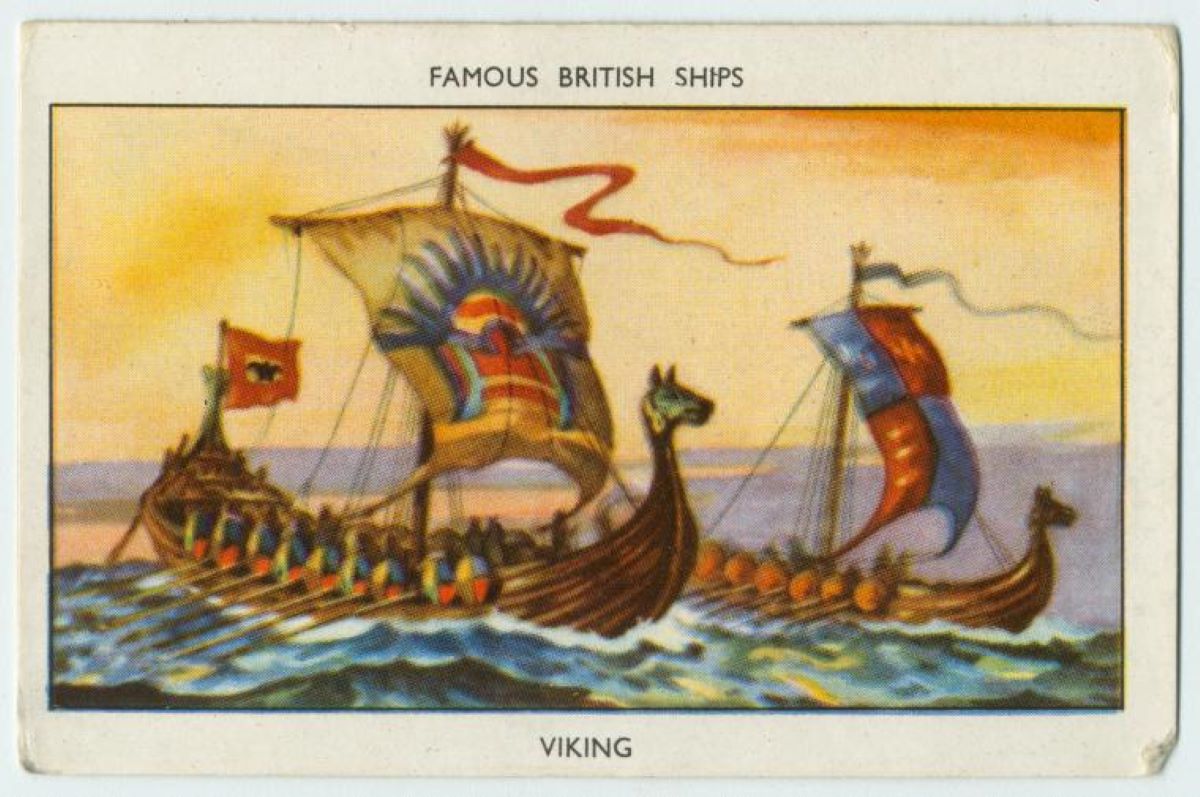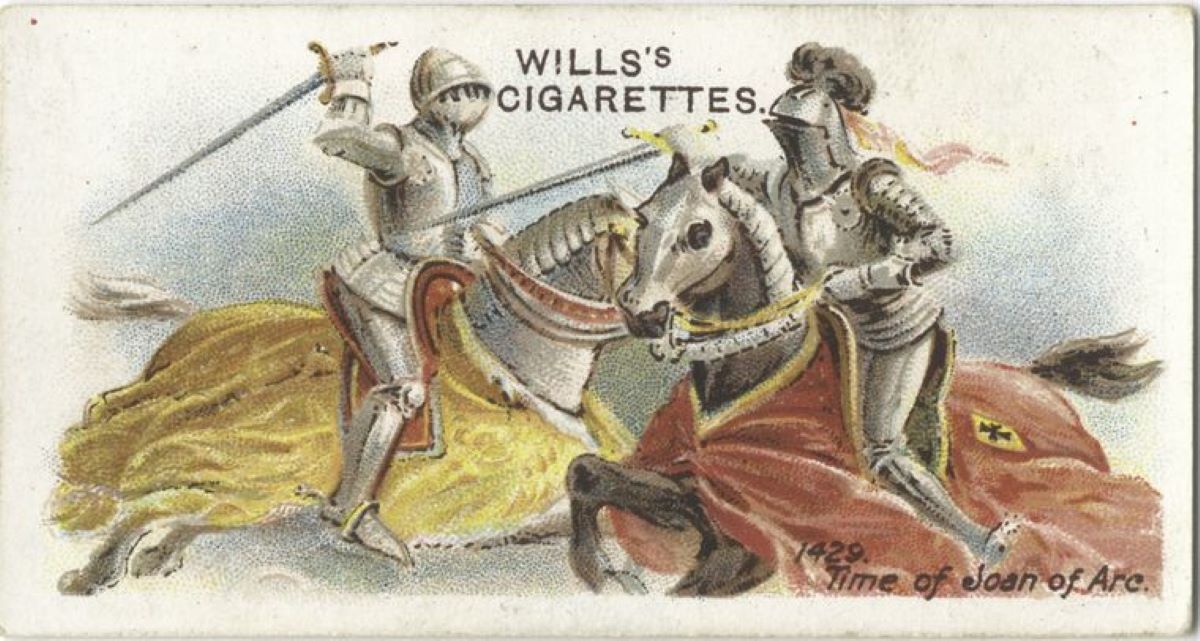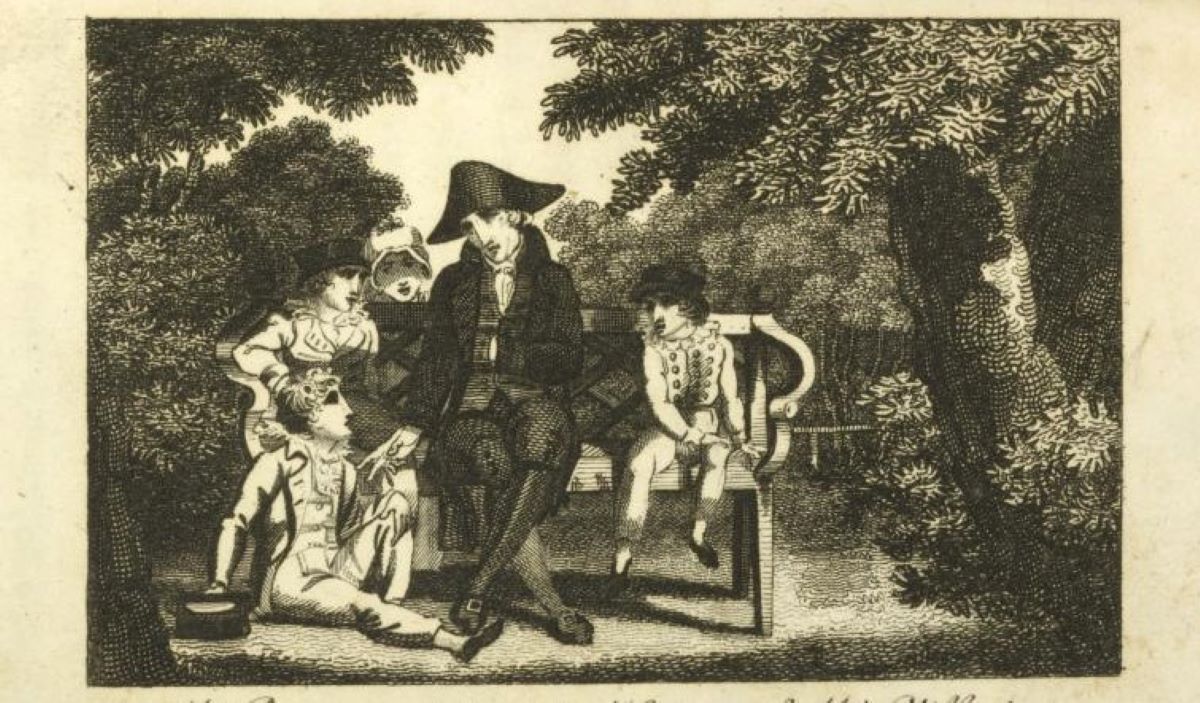Art
About this Collection
Political, economic, and philosophical ideas are often expressed through works of art. The art collected in the OLL gives us another history of liberty to read–a history written with etchings, paints, pastels, and even carved in stone.
Key People
Titles & Essays
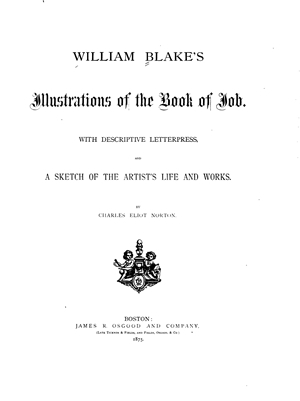
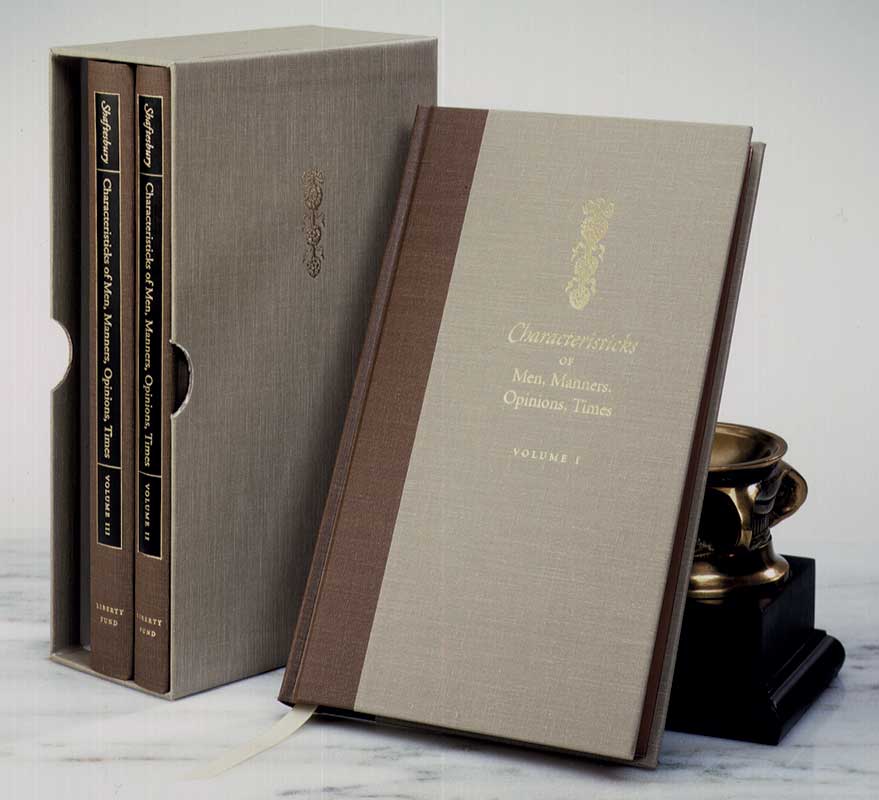
Characteristicks of Men, Manners, Opinions, Times, 3 vols.
Anthony Ashley Cooper, Earl of Shaftesbury (author)

Characteristicks of Men, Manners, Opinions, Times, vol. 1
Anthony Ashley Cooper, Earl of Shaftesbury (author)

Characteristicks of Men, Manners, Opinions, Times, vol. 2
Anthony Ashley Cooper, Earl of Shaftesbury (author)

Characteristicks of Men, Manners, Opinions, Times, vol. 3
Anthony Ashley Cooper, Earl of Shaftesbury (author)
THE READING ROOM
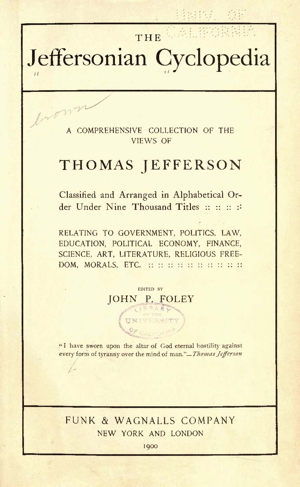
Extract from The Jeffersonian Cyclopedia (Illustrations and Topical index)
Thomas Jefferson (author)
THE READING ROOM
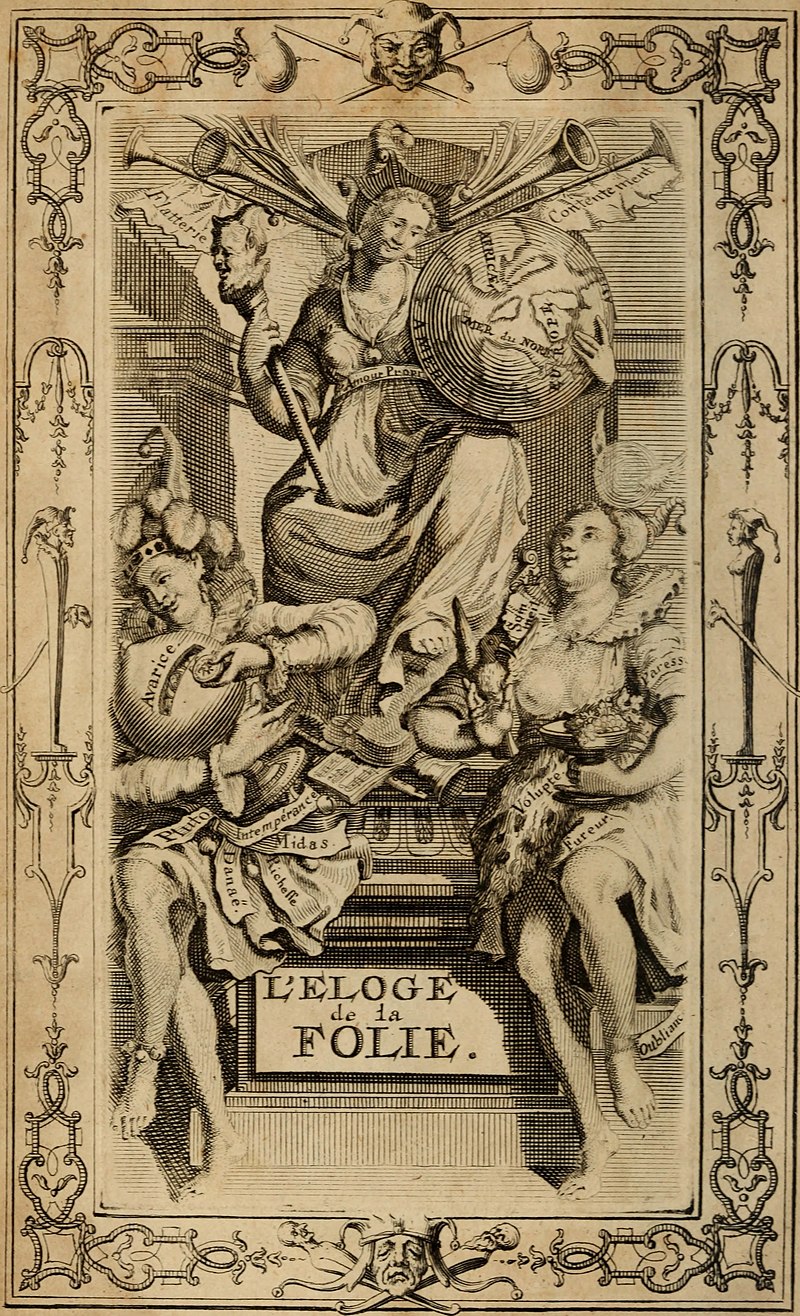
THE READING ROOM
THE READING ROOM
THE READING ROOM
THE READING ROOM
THE READING ROOM
THE READING ROOM
THE READING ROOM
THE READING ROOM
Loading...
